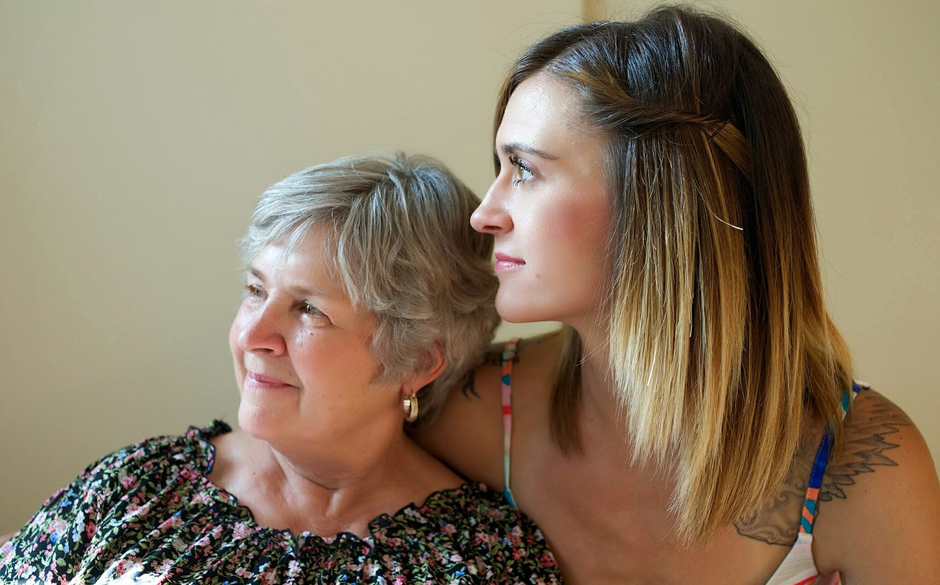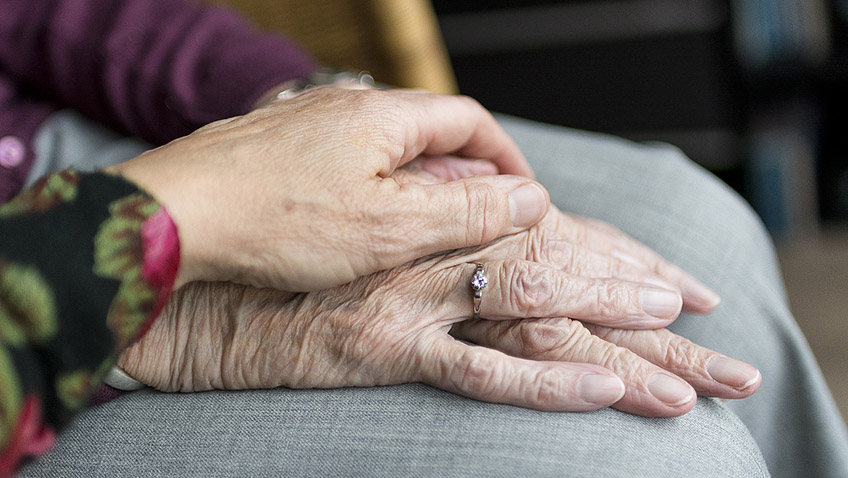If you have an elderly parent or relative who is finding independent living is becoming more of a struggle on a daily basis, you may need to consider a move to a care home for them. Of course, it is a difficult decision for someone who has valued their independence, and it is not to be taken lightly.
Where they are able, your relative must be consulted throughout the process and all of the options discussed. There are many things to take into consideration, such as the level of care required, the location and facilities, the cost and payment options.
Your first step should be to contact your local social services to conduct a care needs assessment. The assessment is free of charge and will recommend what services your relative might need. This will help you to decide if a care home is the right option or if another alternative would be beneficial.
Talking to Your Relative
Broaching the subject of their future can be difficult with a relative who hasn’t considered the option of a care home. The ideal time to discuss it is before it’s actually needed using a “what if” scenario to find out what they would choose if the situation arose.
But, if you need to talk to them as and when it becomes necessary, they might not be open to discussing the matter. There is help and advice available on how to handle a difficult conversation.
Care Home Alternatives
A care home might not actually be the right solution for your relative’s needs and there are other alternatives including the following.
Home adaptation
To enable your relative to stay in their own home, some simple adaptations could be made to their property to make their life easier.
Handrails, stair lifts and bathroom aids can assist with mobility issues. Wireless video phone entry systems enable them to see and speak to who’s at the door without leaving their chair. Kitchens can be adapted for ease of use.
Technology such as Telehealth and Telecare allows certain health conditions to be monitored remotely. Personal alarms can summon help in an emergency and a fall detector will automatically send an alert.
Homecare
Your relative might be eligible for a carer or personal assistant who can help with bathing, dressing, cleaning, preparation of meals, transport or even just to get in and out of bed.
This is a flexible option as the level of care can be adapted to meet the changing needs of your relative.
Sheltered housing
Sheltered housing provides your relative with an easy to manage home with independent living. But it can also offer the peace of mind of 24-hour emergency assistance and support staff on hand. There are usually communal rooms and gardens, and social activities for the residents.
Choosing the Type of Care Home
If you have explored all of the options and you decide that a care home is best suited to the needs of your relative, there a number of things to take into consideration. The type of care home will depend on the level of care your relative requires.
Registered care home
A care home will provide personal care, assisting with, where necessary, getting in or out of bed, bathing, getting dressed, medication and using the toilet. There might also be social activities and outings.
Nursing home
A nursing home is a care home which, as well as personal care, also provides qualified nursing assistance.
Dementia care
Some care homes are specially designed to care for residents with dementia, providing a comfortable and safe environment.
Care homes with dual registration
Dual registered care homes cater for residents who require personal care and those who need nursing care. The advantage is that someone who only needs personal care initially, but who later requires nursing won’t need to move to another home.
Payment Options
To find out if you can get assistance with the funding of the care home, the council will conduct a financial assessment or means test of your relative’s finances. The outcome will determine if the council will pay the whole amount, require you to contribute or if the care will need to be self-funded. Another option is where you choose a home costing more than the council will pay and your family pays a top-up fee to make up the difference.
Shortlist
When you have decided on the type of care home and the level of funding, you need to decide on a suitable location. Obviously, if you are self-funding you have a much wider choice. With council funding you should still be given options within your chosen area.
The location should be convenient for family and friends to visit, but you should also look at local shops and amenities that your relative can access. You might want to check how noisy the area is.
To check how well a care home performs, you can request recent inspection reports. You can see if there any concerns about the care provided and if any previous issues have been addressed.
You want to know that your relative is in a safe environment, so check the security policies of the care home. Can anyone walk in or is there controlled entry? Are the residents able to come and go as they like, or is there monitoring? Do they use agency staff and, if so, what proportion and what is the vetting procedure?
Most importantly, you should visit every care home on your shortlist to get a feel for the place and the staff. A website can tell you what care is offered and which amenities are available, but there is no substitute for a personal visit.
What if Things Go Wrong?
You take all the steps to ensure that the care home you and your relative choose is a comfortable and safe environment. The vast majority meet the required standards, but occasionally something goes wrong. If you feel your relative has been the victim of injury or negligence in a care home you should consult a Legal Expert who can advise you on the steps to take, what evidence you may need to gather, and what compensation your relative may be entitled to.







